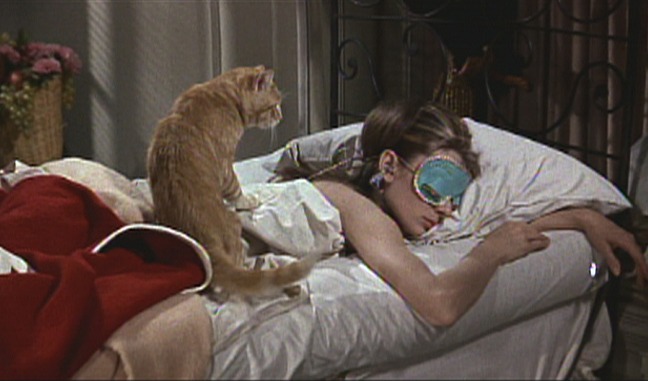
We’ve all felt lonely at some point, though for some people it’s more present. In a 2024 survey by the American Psychiatric Association, about 1 in 3 American adults reported feeling lonely at least once a week during the previous year.
But research shows there may be a surprising way to ease that feeling. A study presented in June analyzed the relationship between sleep health and feelings of loneliness among 2,297 American adults.
Some previous studies have found that loneliness can affect a person’s sleep, while other studies have shown that lack of sleep can lead to loneliness.
And I found that good sleep was linked to lower feelings of loneliness. (The recommended amount of sleep for adults is between seven and nine hours.)
Emotional and social loneliness?
Each study participant completed an online sleep questionnaire and was rated on the De Jong Gierveld Loneliness Scale, which measures emotional and social loneliness.
“Emotional loneliness” was defined in the study as the lack of a close relationship, such as one with a partner. “Social loneliness” was defined as the lack of a broader social environment.
“We may feel more helpless, have a lower sense of self-worth or self-confidence, and then we may start to realize that we feel lonely and isolated.”
There was a stronger association between better sleep and less loneliness — especially emotional loneliness — in younger adults, although the researchers weren’t sure why. Sleep quality was measured by assessing sleep regularity, satisfaction, timing, duration, efficiency, and daytime alertness.
To understand why age might be driving the link between sleep and loneliness, more research is needed. “I would like to see more studies that reinforce this narrative because there have been some conflicting studies in the past that have shown that age has nothing to do with this association,” Nicole Moshfegh, a clinical psychologist in Los Angeles who was not involved in the new study, told HuffPost.
Why might feelings of loneliness be linked to the way we sleep?
Some previous studies have found that loneliness can affect a person’s sleep, while others have shown that poor sleep can lead to loneliness. “I see it as a bidirectional relationship at this point,” Moshfegh said.
While lack of sleep doesn’t necessarily lead to emotional problems, it can sometimes be a contributing factor, said Yishan Xu, a clinical psychologist based in California. Xu was not involved in the recent study.
Psychologists who spoke to HuffPost cited a few reasons why lack of sleep contributes to a person feeling lonely.
First, a person may be less interested in interacting with others and withdraw from social interactions if they don’t get enough rest, Shaw says.
Additionally, when we don’t get enough sleep to meet our body’s needs, “we can have problems with mood and anxiety,” Moshfegh said.
“We may feel more helpless, have a lower sense of self-worth or self-confidence, and then we may start to realize that we feel lonely and isolated.”
Shaw explained that the person may be more sensitive and interpret what others do or say to them in a negative light. The feeling remains that others do not understand or love them.
*Source: Huffpost.com | Serafina Siu

“Avid problem solver. Extreme social media junkie. Beer buff. Coffee guru. Internet geek. Travel ninja.”





More Stories
In Greece Porsche 911 50th Anniversary – How much does it cost?
PS Plus: With a free Harry Potter game, the new season begins on the service
Sony set to unveil PS5 Pro before holiday season – Playstation